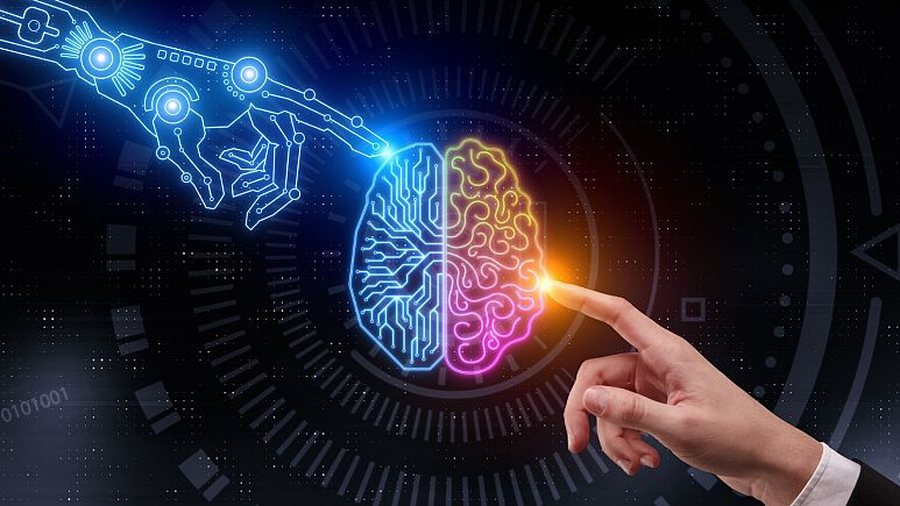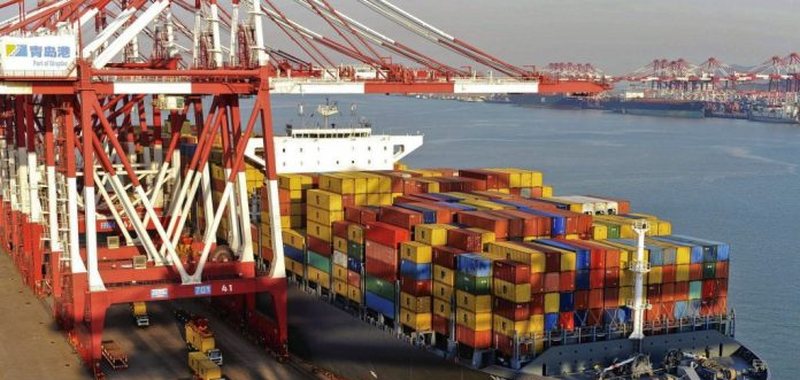“AI could impact 40% of jobs” - According to the UN, technology will widen inequality between nations

Artificial intelligence is projected to reach a market value of $4.8 trillion by 2033, but the technology's benefits remain highly concentrated, according to the UN Trade and Development agency.
In a report, the agency said the size of the artificial intelligence market would be roughly equal to the size of Germany's economy, with the technology delivering productivity gains and driving digital transformation.
However, the agency also raised concerns about automation and job displacement, warning that innovation could affect 40% of jobs worldwide. Furthermore, artificial intelligence is not inherently inclusive, meaning the economic benefits remain “very concentrated,” the report added.
“The benefits of automation often favor capital over labor, which can widen inequality and reduce the competitive advantage of low-cost labor in developing economies,” the analysts point out.
The potential for artificial intelligence to cause unemployment and inequality is a long-standing concern, with the International Monetary Fund making similar warnings more than a year ago. In January, the World Economic Forum published findings that up to 41% of employers were planning to reduce their staff in areas where technology could replace them.
However, the UN agency's report also highlights inequalities between nations, with data showing that 40% of global corporate research and development spending in the sector is concentrated in just 100 firms, mainly those in the US and China.
Furthermore, major tech giants, such as Apple, Nvidia and Microsoft, that will benefit from the artificial intelligence boom, have a market value that rivals the gross domestic product of the entire African continent.
This dominance of innovation at the national and corporate levels threatens to widen the gap, leaving many countries behind. The report noted that 118 countries, mostly in the Global South, are missing from key discussions of AI governance.
UN recommendations
But artificial intelligence is not just about replacing jobs, as it can also “create new industries and empower workers,” provided there is appropriate investment in retraining and upskilling.
But in order for developing countries not to be left behind, they must "have a seat at the table" when it comes to technology regulatory and ethical frameworks, the report highlighted.
The agency makes a series of recommendations to the international community to foster inclusive growth. They include a public AI discovery mechanism, shared AI infrastructure, the use of open-source models, and initiatives to share knowledge and technology resources.
Open source generally refers to software in which the source code is freely available on the web for possible modification and redistribution.
"Artificial intelligence can be a catalyst for progress, innovation and shared prosperity, but only if countries actively shape its trajectory," the report concludes.

Trump ends tax exemption for low-value Chinese imports!
A heads-up for shoppers wowed by low-priced products on Chinese shopping apps: the days of getting trendy fashion clothing, gadgets and gifts that cost less......

Macron calls for suspension of investments in the US - Warns of "strong" response to American tariffs
French President Emmanuel Macron called on European companies to suspend planned investments in the United States, after US President Donald Trump announced......

Albanian Stock Exchange, billings reached 301 million euros - Energy trading on ALPEX, volumes in 2024 increased by 41.7%
The volumes of energy traded on the Albanian Electricity Exchange, ALPEX, increased by 41.7% during 2024, compared to 2023. In total, a total volume of 1,173......

China imposes retaliatory tariff of 34% on imports of all American goods!
China announced on Friday that it would impose a 34% tariff on imports of all American products starting April 10, part of a slew of retaliatory measures......

Mineral exports to the US, opportunity or challenge? - Malaj: There is a long-term message, we need to sell processed metals
The reciprocal tariffs imposed by President Trump have not left Albania untouched. However, the fact that the tariff is only 10%, unlike the rates imposed on......

Tourism receives financial "oxygen"/ Lending sets historic record in February
The tourism sector is experiencing a significant increase in lending, as operators and investors are preparing for a summer season that is expected to be......

440 billion lek of national currency circulates in the market - BoA issued 22 million pieces of new coins and banknotes in 2024
The Bank of Albania has issued 22 million pieces of new coins and banknotes during 2024. The national currency in circulation reached 440 billion lek, an......

Analysis/ "Liberation Day" shakes Republican dominance - Citizens, dissatisfied with the economic costs brought by tariffs
US President Donald Trump called it "Liberation Day", but the introduction of reciprocal tariffs could cause political tensions within the party and economic......


















